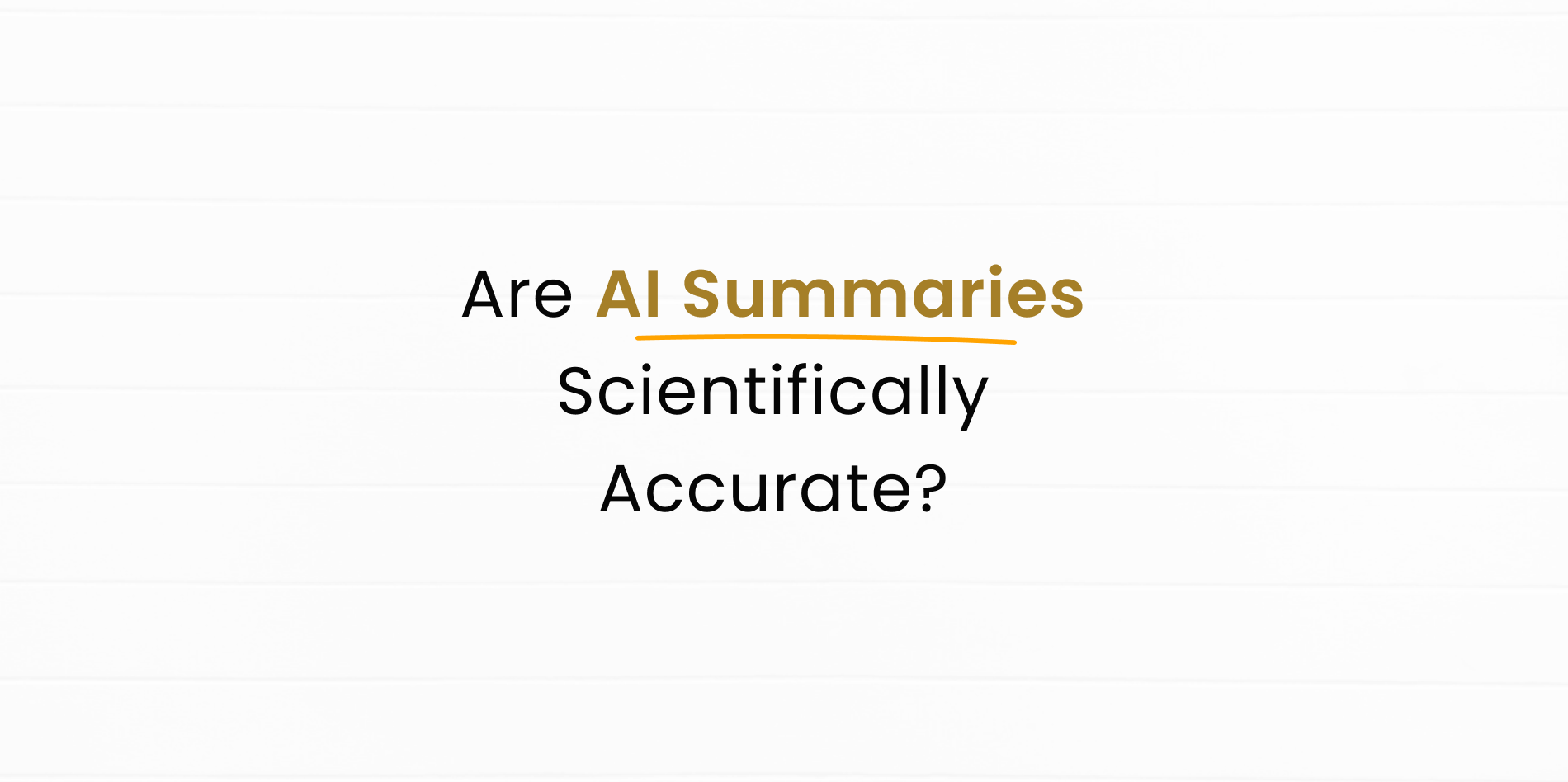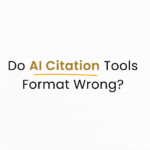Introduction
Many readers and researchers ask: how true is the AI summary on science? With more students, academics, and professionals using summarization tools, the reliability of AI summary on science is an important concern. While AI summarizers are quick and efficient, questions remain about their accuracy, depth, and credibility.
Modern AI summary tools process large volumes of research papers and articles, condensing them into shorter versions. But does this method always deliver a science summary with AI that is factually correct? The short answer is that accuracy varies depending on the complexity of the topic, the training data of the tool, and whether humans review the output.
How AI Summary Tools Work
An AI summarizer uses natural language processing to read and condense text. For scientific papers, this involves:
- Identifying key findings
- Highlighting methods or results
- Removing repetition or less relevant detail
- Rewriting content in shorter form
The goal of scientific AI summaries is to give readers a clear overview without needing to go through an entire article. Tools like the KreativeSpace summarizer allow students and professionals to process long research documents quickly.
Accuracy of AI Summary on Science
The AI summary on science can be very useful, but its truthfulness depends on several factors:
- Complexity of the subject: Technical fields such as physics or molecular biology may lose nuance when condensed.
- Quality of the source material: An AI summarizer can only be as accurate as the paper or dataset it processes.
- Training of the tool: A general AI summarizer may not capture discipline-specific details as well as a specialized science-trained model.
- Human review: The most reliable science summary with AI comes when humans edit or verify the results.
In short, while AI summarizer accuracy is improving, scientific texts require extra care to ensure no important detail is lost.
When AI Summaries Work Well
An AI summary on science is most effective when:
- Summarizing general overviews or literature reviews
- Condensing non-technical reports into readable notes
- Providing first-pass summaries for students and busy professionals
For example, the KreativeSpace summarizer can create a quick overview of multiple sources, saving time for deeper research later.
When AI Summaries May Be Misleading
Even advanced AI summary tools can produce errors. Risks include:
- Oversimplifying data or results
- Missing context in scientific methods
- Presenting correlations as causations
- Leaving out limitations or uncertainties
A reader relying only on scientific AI summaries may misunderstand a study’s findings. This is why combining an AI-generated draft with critical human reading is essential.
Improving AI Summarizer Accuracy
To make science summary with AI more reliable, writers and students can:
- Use multiple summarization attempts for comparison.
- Cross-check with original sources.
- Refine text with the KreativeSpace grammar checker for clarity.
- Use the KreativeSpace citation generator to ensure references stay correct.
- Run results through the KreativeSpace AI detector if originality is a concern.
This workflow improves the quality of AI summarizer accuracy while ensuring the final content is reliable.
AI Summary in Academia
Universities and research institutions are beginning to accept AI summary on science as a productivity tool, but only when used responsibly. Professors often encourage students to use AI summarizers for drafts, while reminding them to verify accuracy.
For assignments, relying solely on AI may reduce understanding, so tools like the KreativeSpace plagiarism checker and KreativeSpace AI Humanizer are useful to refine the final submission.
Outbound Reference on AI Summaries
According to Springer, AI summarization in scientific publishing is growing but must be combined with human oversight to ensure truthfulness and context.
The Future of Scientific AI Summaries
As AI technology evolves, scientific AI summaries are expected to become more precise. Future advancements may include:
- Specialized domain-trained summarizers for science disciplines
- Built-in verification with citation matching
- Integration of AI with peer-reviewed journal platforms
- Smarter distinction between results, discussions, and limitations
These developments promise higher AI summarizer accuracy and greater trust in automated tools.
Conclusion
So, how true is the AI summary on science? The answer is that while AI summaries are fast and convenient, their truth depends on subject complexity, the quality of the tool, and human review. AI summary on science is most reliable when used as a supplement, not a replacement, for critical reading.
By combining AI summary tools with human insight, writers, students, and researchers can benefit from efficiency without losing accuracy. Platforms like KreativeSpace support this process with summarizers, grammar checkers, citation generators, and AI detection tools to ensure both originality and credibility.
Ultimately, AI summarizer accuracy continues to improve, but human judgment remains vital in scientific fields.



